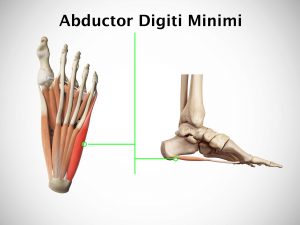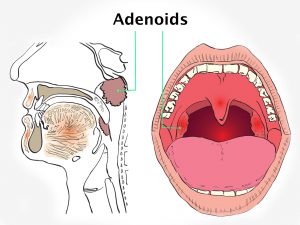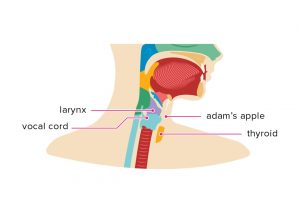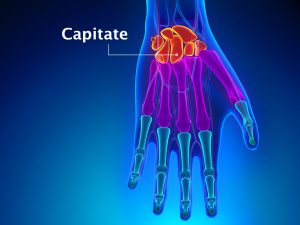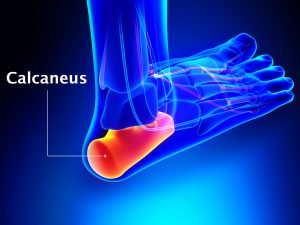Migraines are severe forms of one-sided headaches. They are severe enough to leave you bed ridden for most of the time. Those of you who have experienced it, know how the throbbing pain and insensitivity to even the slightest light, makes life a misery when the migraine attacks you. Migraines affect more than 10% of the population.
Episodic migraines occur 14 days or fewer days per month. Chronic migraines happen at least 15 days per month.
A recent study, conducted on more than 3,800 adults, found that those who had a high body mass index (BMI), had 81% higher risk of developing episodic migraines, than those with a lower BMI. This was particularly true in women under the age of 50, especially white women.
This research doesn’t necessarily prove that obesity can lead to migraine. What it does is show however, is how obese people are more prone to develop migraines. So, if you suffer from migraine and are fat, it would do you great good to lose weight.
Whether losing weight can actually help in reducing the migraine attacks, is still a topic under debate. But one thing is for sure; losing weight has several health benefits.
The study is an indicator for doctors to emphasize on the benefits of adopting a healthy lifestyle and losing weight, among their migraine patients in particular. But another angle to this research study is the big question;- what came first, obesity or migraine?
Since the study shows obese people having a higher risk of migraine, it opens up the discussion as to whether people suffering from migraine can become fat, as a result of the medications used to treat migraine.
Another interesting theory in the link between obesity and migraine, points at the activation of the hypothalamus in the MRI scans of the migraine sufferers. The hypothalamus is responsible for the body’s need to eat. It sends signals of hunger and satiety, through which we know when to eat and when to stop. Researchers say that this activation of the hypothalamus, could be the reason why migraine sufferers develop habits that lead to weight gain, like eating more and leading a lazy, sedentary life.
Though the link between obesity and migraine has been established, further research still needs to be done.



















